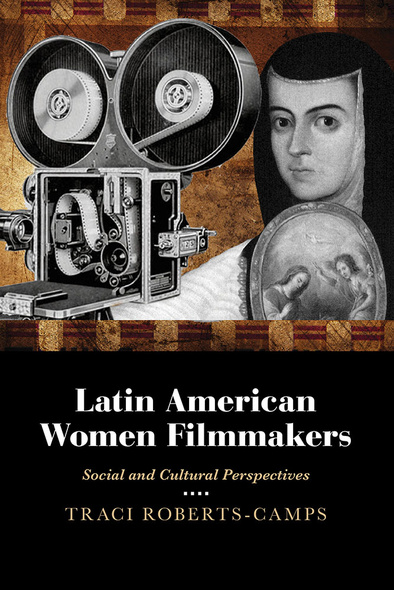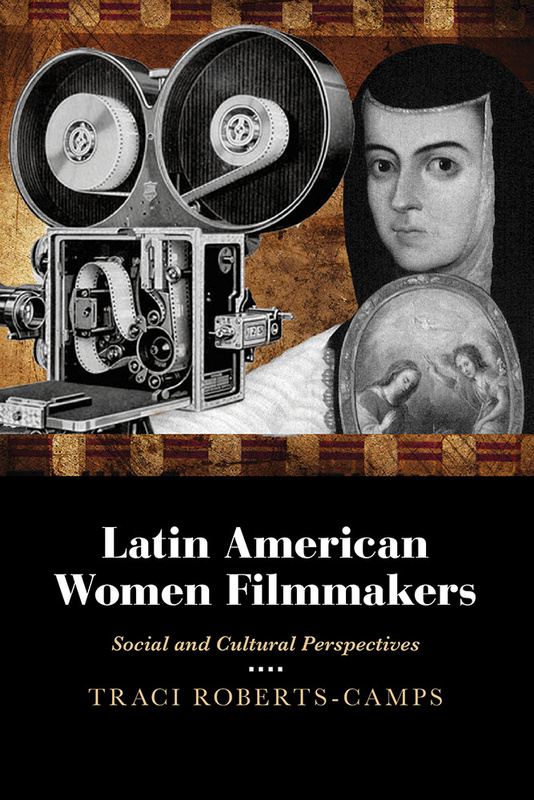
Latin American Women Filmmakers
Social and Cultural Perspectives
Women are noticeably marginalized from the Latin American film industry, with lower budgets and inadequate distribution, and they often rely on their creativity to make more interesting films. This book highlights the voices and stories of some of these directors from Brazil, Chile, Argentina, and Mexico. Roberts-Camps’s insightful exploration is the most broad-ranging account of its kind, making the book relevant to the study of literature as well as film.
This volume is a valuable source of information about the work of women directors in Latin America, especially in light of the scarcity of scholarly studies in film theory and criticism about women directors, both in the region and more widely.
A thought-provoking and informative study.…The sharply delineated analyses, supported by solid research on social and historical contexts and film techniques, make it an accessible and useful text for students and scholars of all levels.
Women filmmakers are marginalized, underdistributed, and underappreciated in Latin America, so how is it that their work is so good? Roberts-Camps explores the work of eight filmmakers from four countries to explore the challenges, and the opportunities, of making important films outside the commercial machine.
Traci Roberts-Camps is an associate professor of Latin American literature and film in the Department of Modern Languages and Literature at the University of the Pacific. She lives in Berkeley, California, and is the author of Gendered Self-Consciousness in Mexicanand Chicana Women Writers: The Female Body as an Instrument of Political Resistance.
Acknowledgments
Introduction
Chapter One. Transgression: María Luisa Bemberg’s Camila and Yo, la peor de todas
Chapter Two. Isolation: Lucía Puenzo’s XXY and El niño pez
Chapter Three. Female Solidarity: The Films of María Novaro
Chapter Four. The Female Body as Spectacle: Dana Rotberg’s Ángel de fuego and La mujer del pueblo: Otilia Rauda
Chapter Five. Parallelism: Carmen Luz Parot’s Estadio Nacional
Chapter Six. Escape: Alicia Scherson’s Play
Chapter Seven. Urban and Inner Lives: The Films of Suzana Amaral
Chapter Eight. Being Brazilian: National Identity in Tizuka Yamasaki’s Gaijin: Caminhos da Liberdade and Gaijin: Ama-me como sou
Conclusion
Notes
Filmography
Bibliography
Index




